1. Curriculum and Pedagogy
- Teaches diverse students in a culturally responsive way that respects and honors their divergent perspectives
- Respects family communication styles while teaching children other ways to communicate.
- Understands that there are many ways to form a family and raise children and that all families have strengths and weaknesses.
- Incorporates diverse perspectives of family and community in the learning process.
2. Knowledge of Students’ Cultural Backgrounds
- Develops a rich understanding of their students’ cultural backgrounds and home life.
- Recognizes the challenges that gay, lesbian, and transgender children face within their families and at school.
- Visits the homes, communities, events, and churches of their students’ families.
- Understands the significance of poverty in the lives of students.
3. Communication with Families
- Creates opportunities for parents to express their opinions and create an open and accepting atmosphere so that parents feel comfortable in doing so.
- Involves family and community in school activities with particular outreach to underrepresented members/groups.
- Encourages students to talk with their parents about school and facilitates parent-child educational communication.
- Listens to families with respect and without judgment.
- Encourages diverse families to voice their opinions about their child’s education.
- For students who are learning English, the candidate learns key words in the student’s language to increase communication
- Uses varied formats to invite families to actively collaborate to enhance students’ success.
4. Community Resources
- Invites the participation and collaboration of diverse families in order to enhance student’s success.
- Recognizes and encourages church/place of worship membership and participation in other extra-curricular and community activities with families.


